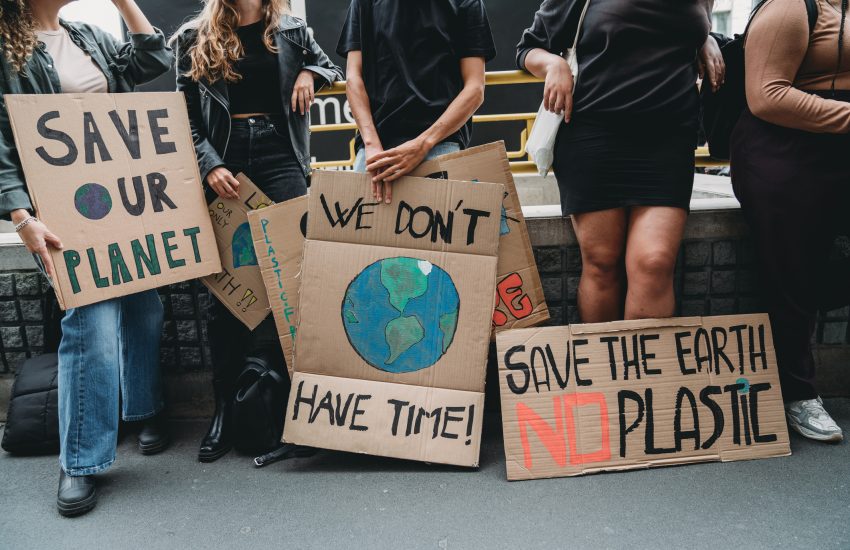In what could be the start of a national trend, a state court judge recently ruled that Montana’s government must do more to protect the state and its residents from climate change.
State District Judge Kathy Seeley, citing a state constitutional right to a clean environment, ruled in favor of a group of youth plaintiffs and invalidated a pair of laws prohibiting state agencies from considering the effects of greenhouse-gas emissions. According to Judge Seeley, “[t]he degradation to Montana’s environment, and the resulting harm to Plaintiffs, will worsen if the State continues ignoring GHG emissions and climate change.”
The case, brought by more than a dozen Montana residents who were between 2 and 18 years old when it was filed in March 2020, is among a wave of similar suits arguing that future generations will bear the consequences of a warming planet. It was the first of its kind to go to trial, which took place in June.
A 1972 provision in Montana’s constitution explicitly guarantees the right to “a clean and healthful environment,” but the clause had largely gone unenforced. The plaintiffs argued the state’s reliance on fossil fuels and their production was at odds with that constitutional guarantee.
Judge Seeley did not lay out specific steps for the state to take in response to her ruling. Instead, her order mandates that state officials consider climate impacts in future policy decisions, including on energy and mining projects, as well as efficiency and emissions standards.
Montana opposed the suit largely on procedural grounds, arguing the challenge was overly broad. It also argued that Montana’s specific contribution to global greenhouse-gas emissions could not be identified and was therefore not a state responsibility to regulate. Even the plaintiffs’ expert witnesses, Montana’s attorney general argued, agreed the state has no impact on the global climate.
Montana plans to appeal the ruling.
Montana might be a bellwether rather than an outlier; similar cases are moving forward in other states. Proceedings in a long-dormant federal case filed in Oregon are heating up after a judge recently allowed the plaintiffs to file an amended lawsuit. In Hawaii, plaintiffs seeking similar relief under that state’s constitution are preparing for a fall trial, which may have added impact given the state’s ongoing fire issues.
Montana’s legislature has supported fossil fuel infrastructure in the resource-heavy state; it passed a new law this session that explicitly prohibited the analysis of greenhouse gases and climate effects in environmental-impact reviews by state agencies. Judge Seeley’s rule blocked that law.
If Judge Seeley’s ruling survives appeal, it will likely encourage other environmentally minded plaintiffs to scour state constitutions, using the legal system to try and implement their policy goals even in states that have traditionally been unfriendly to green legislation.
We will be keeping our eye on the appeal of this case, as well as the proceedings in Oregon and Hawaii, to determine if companies in these and any other affected states might be facing more stringent, judicially motivated regulation of their activities.

